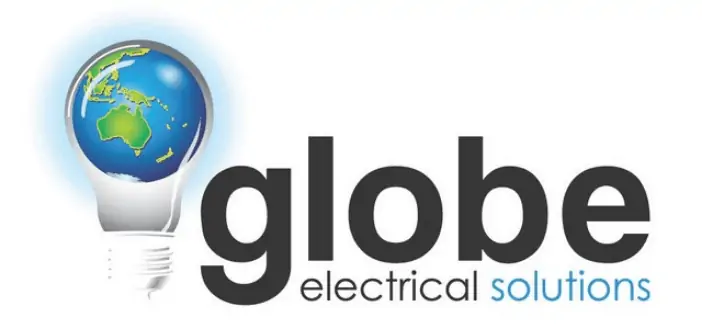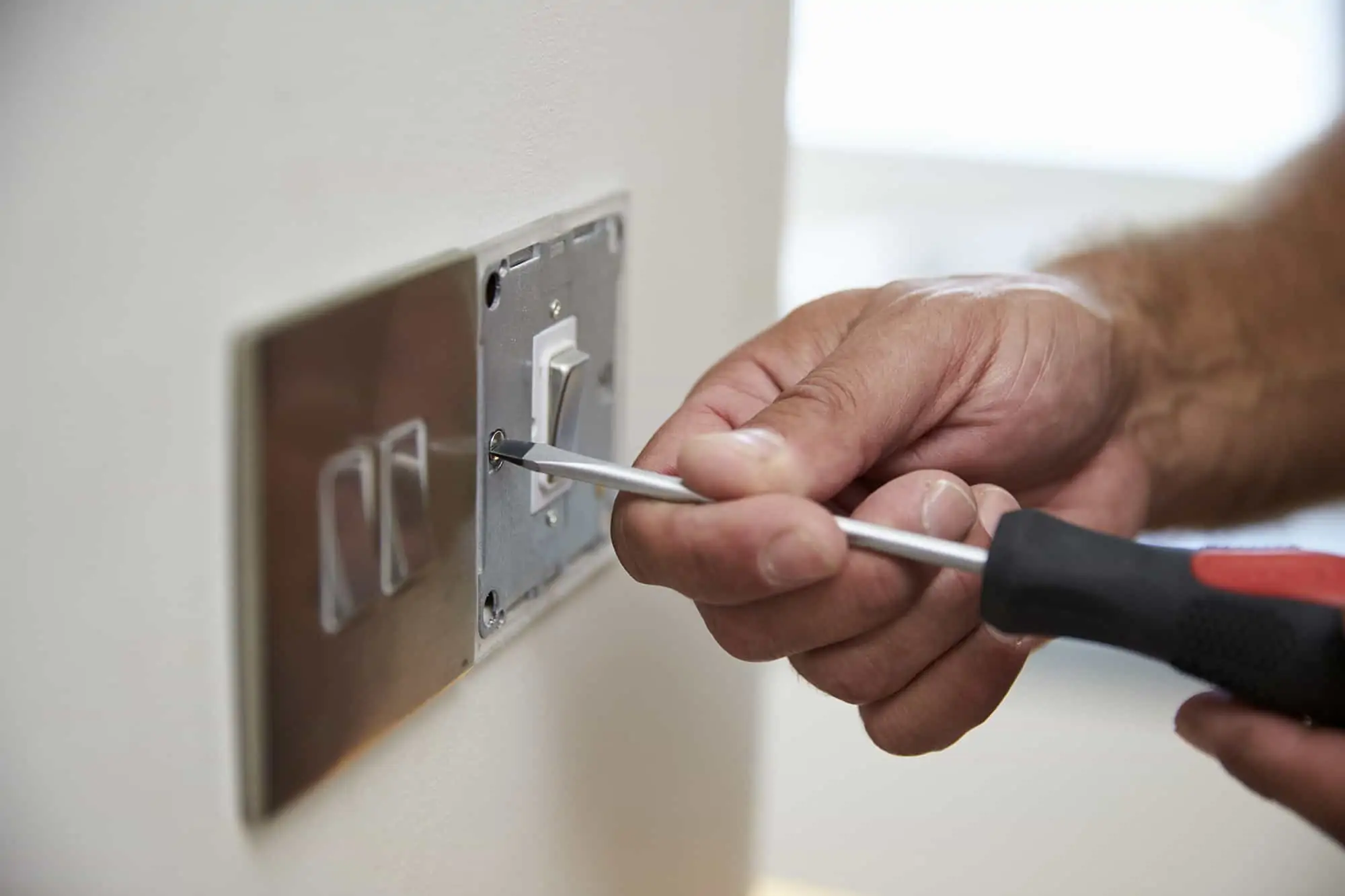Electrical Safety Around The Home – An Electrician’s Advice
Electrical safety around the home can at the very least save you money and could even save lives. As a licensed Brisbane electrician, I have often seen homes that are in desperate need of even the basic electrical safety measures. I have put together a list of tips and suggestions (and some must-dos) to help with your electrical safety around the home.
If you are considering purchasing a new home, I strongly suggest that you call us to do a pre purchase electrical inspection of your chosen home. This could save you a great deal of money, and at the very least, give you peace of mind that your family will be free of any potential electrical hazards.
Simple Tips for Electrical Safety Around the Home
- Know where your switchboard is and what the purpose of the different plugs are on your switchboard. It is best to have these labelled including the fuses and circuit breakers. A quick lesson from your local electrician is an idea, as is searching on Google, or setting this up as a project for your children.
- Your home should have safety switches for both your lighting and power circuits. If you are in any doubt that your home does not have this electrical safety feature, contact an electrician to come inspect and inform you about this.
- Make sure that your exhaust fans (above the oven, the dryer etc) are kept clean of debris, dust and lint. You will need to clean these on a regular basis.
- Never use a knife to remove toast from the toaster without turning the toast off and unplugging it from the wall. In fact, it is best never to use a knife as your children are likely to do the same, and they may forget to unplug the toaster first! Use a plastic knife or fork, or turn the toaster upside down over the sink. Don’t forget to catch the toast!
- Regularly check your power cords and extension leads to make sure that there is no cracking of the plastic or frayed cords or broken plugs. These are not expensive to replace.
- Be extremely careful with electrical appliances in the bathroom and near the kitchen sink. Hairdryers near the bathroom basin need to be switched off and unplugged between use. I recommend that you warn your children about the dangers of electrical appliances around wet areas in the home.
- Do not use electrical heaters to dry clothes. Placing clothes close to an electrical heater is dangerous as the clothes can ignite if heated too high.
- If an electrical appliance is getting really hot, then make sure there is plenty of ‘breathing room’ around the appliance. If this does not help, immediately turn off and unplug the appliance and call in your local electrician to help determine the cause of the problem.
- You should have smoke alarms installed in your Brisbane home. If you have a two storey home, they should be on both levels. You should also regularly check that your smoke alarms are fully functional by depressing the button with the end of a broomstick. It is safer to have smoke alarms hard wired rather than battery reliant as batteries do go flat after a period of time. If the battery in your smoke alarm is losing power, usually your smoke alarm will emit a series of beeps. However, it is safer to have smoke alarms hard wired.
- Fire extinguishers and fire blankets should be kept in several different locations in your home. They should be placed in areas that have the greatest risk of electrical fires. This would be the kitchen, possibly the bathroom and any area that has a lot of appliances such as a computer den or home office.
- You and your family need to be aware of which fire extinguisher is for which type of fire and how to use both the fire extinguishers as well as the smoke blankets.
- To protect your appliances, a surge protector is an affordable purchase and can help prevent the potential loss of valuable electrical goods such as televisions and computers.
- Electric blankets should not be left on for an extended period. Electric blankets are designed only to heat the bed, not to be run for a long period. Leaving your eclectic blanket on overnight could result in it overheating and causing a fire.
Electrical Safety Outside
Electrical safety around the home also extends to outside the home. Below are two electrical safety tips.
- If you are doing some serious digging in your back yard, watch out for underground pipes and electric cables.
- A swimming pool is a very dangerous place to be using electrical appliances and extreme care must be taken.
What are the Signs of Electrical Danger Around the Home?
Knowing what the signs are of electrical danger is vital to the electrical safety of your home. If your home has any of the items listed below, you need to call in a qualified electrician as soon as possible. Each of these conditions can be indicative of poor or damaged electrical connections which could lead to an electrical fire or obtaining an electrical shock.
- Discoloured, yellowed and possibly disfigured (melted looking) electrical wall outlets
- Flickering lights
- Smoke and/or a burning smell coming from a plug, an electrical appliance or from wiring
- Tingles or shocks when you touch an electrical appliance
- Circuit breakers that repeatedly trip.
What You Should Do In The Event of an Electrical Fire
Never pour water on an electrical fire! Water conducts electricity and water on an electrical fire is the worst thing you can do. Water on an electrical fire could spread the fire further and you could electrocute yourself.
If possible, the first thing you should do is turn off the electrical source to the fire. If you can unplug the appliance for example, this is ideal. If you can’t unplug or switch off the electrical source due to the fire, don’t try. Never risk your life or the life of others. What you should do in the event of an electrical fire is use the correct fire extinguisher. Your fire extinguisher will be clearly marked for what type of fire it should be used for. Fire extinguishers for electrical fires contain carbon dioxide which help to smother the fire by reducing the level of oxygen.
For small fires, a fire blanket can do the same thing. The purpose of a fire blanket is to remove all oxygen from the fire. If the blanket is not going to cover the fire, you are best off using your fire extinguisher – or leaving the house and calling 000.
If you are unable to completely put out the fire, or the fire is too large to even consider trying to put out, call 000 immediately.
Globe Electrical Solutions
If you have any concerns or would like some further advice regarding the electrical safety around the home, please contact us on 0433 209 393. We are qualified and experienced Brisbane electricians and more than happy to help you in any way that we can.




